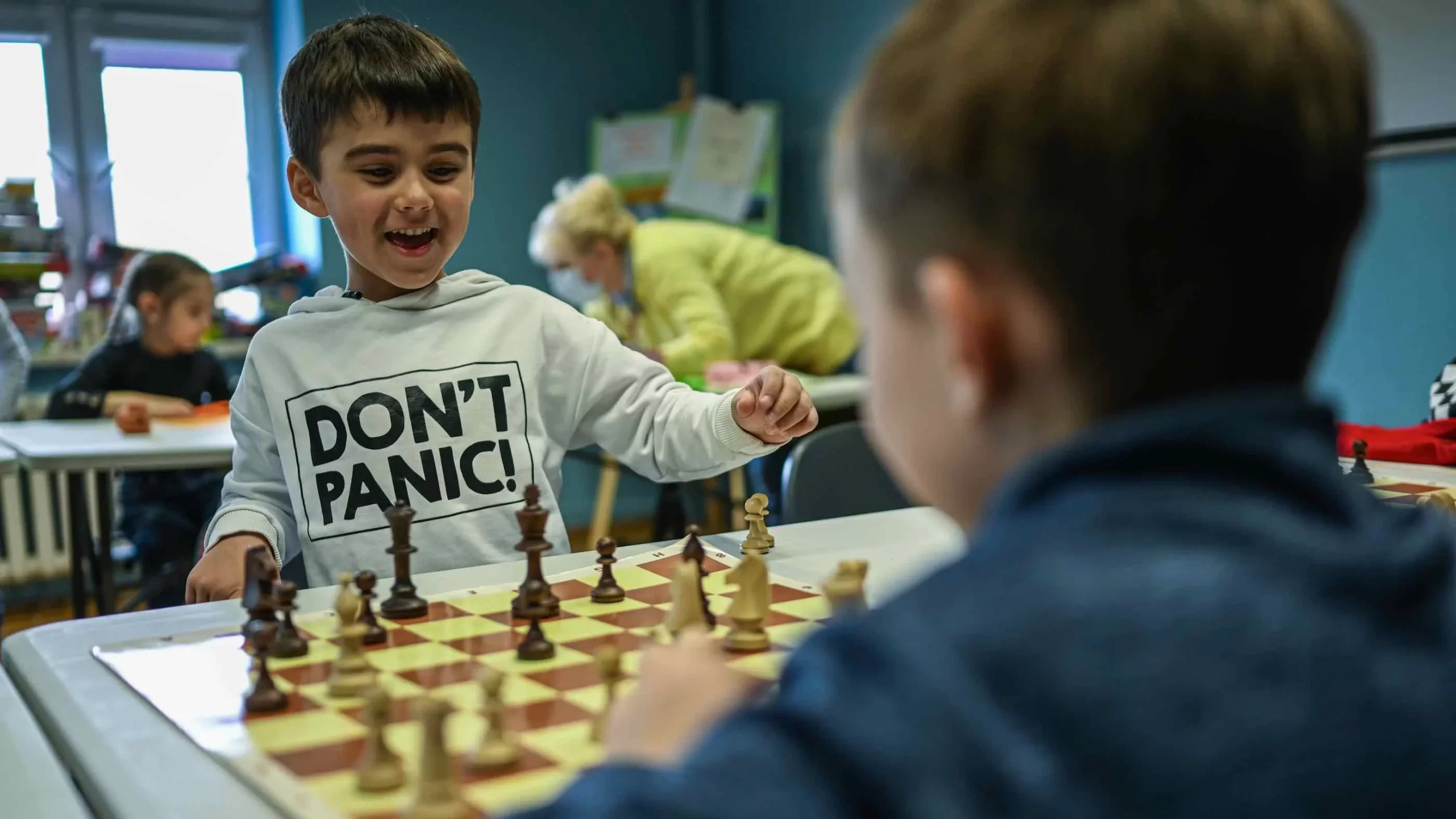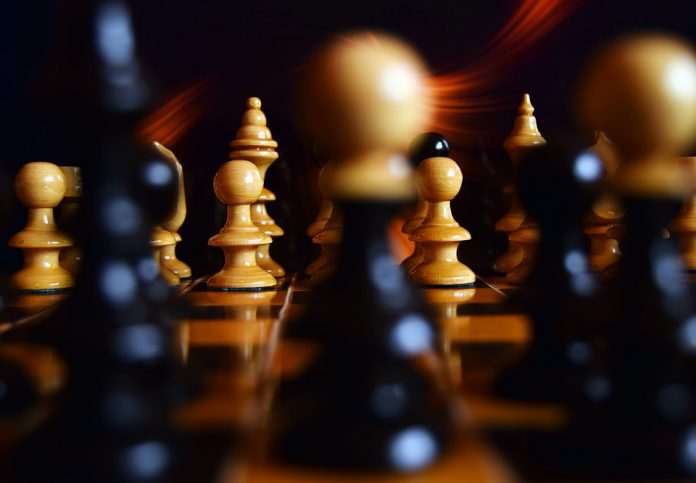Chess is a game known for its unwavering commitment to fair play and sportsmanship. It’s a game where two minds engage in a battle of wits and strategy. However, just like in any competitive arena, the occasional cheater may surface. Dealing with cheating in chess can be frustrating, but it’s essential to uphold the integrity of the game. In this blog, we’ll explore effective strategies for handling cheating incidents in chess and maintaining the spirit of fair play.
Let’s explore why people sometimes resort to cheating in chess:
- The Urge to Win at All Costs: Some chess players cheat because they strongly desire to win. They feel immense pressure and are determined not to experience defeat, which leads them to consider cheating as a way to secure victory.
- Fear of Losing: On the flip side, there’s a fear of losing. The thought of losing can be so daunting that it drives some players to cheat in an attempt to avoid that outcome.
- Misguided Idea of Fairness: Some cheaters convince themselves that it’s fair to cheat, thinking it balances the playing field. In their minds, cheating is a way to make things ‘right.’
- Short-Term Thinking: Certain chess players become fixated on immediate results. They prioritize short-term gains over long-term progress, which can make cheating seem like a quick solution to achieving success.
- Exhaustion and Burnout: Exhaustion and burnout can play a role in cheating behavior. Players who’ve put in a lot of effort without seeing the results they desire might turn to cheating out of frustration.
Understanding these motivations can help us address cheating more effectively and maintain the integrity of the game we love.
So how do we handle ourselves when an opponent cheats?
1. Stay Calm and Collected:
When you suspect your opponent is cheating, it’s natural to feel upset or angry. However, it’s crucial to maintain your composure. Keep your emotions in check, as getting overly emotional can cloud your judgment and affect your gameplay.
2. Gather Evidence:
Before making any accusations, collect evidence to support your suspicions. This can include observing unusual behavior, recording moves, or noting the opponent’s frequent visits to the restroom or mobile device. Remember that chess tournaments often have strict rules against using electronic devices during games.
3. Alert the Tournament Director:
If you have substantial evidence or strong suspicions of cheating, discreetly inform the tournament director or arbiter. They are responsible for ensuring fair play and will investigate the matter thoroughly. Avoid confronting your opponent directly, as this can escalate the situation.
4. Focus on Your Game:
While the cheating incident is being addressed, stay focused on your game. Don’t let the distraction affect your moves or concentration. Remember that ultimately, the goal is to enjoy the game and improve your skills.
5. Respect the Process:
Trust the tournament organizers to handle the situation appropriately. They will review the evidence, interview both players, and make a fair judgment. While this process may take time, it’s essential to respect it and allow it to run its course.
6. Maintain Sportsmanship:
Throughout the process, maintain a sense of sportsmanship. Avoid making accusations or engaging in confrontations. Instead, let the evidence and tournament officials determine the outcome.
7. Learn and Improve:
Cheating incidents can be disheartening, but they also present an opportunity for growth. Use the experience as motivation to improve your game, enhance your chess skills, and become a better player.
Conclusion:
Handling cheating incidents in chess requires a combination of vigilance, patience, and adherence to the principles of fair play. By staying calm, gathering evidence, and relying on tournament officials to address the issue, you can maintain the integrity of the game and focus on your chess journey. Remember that chess is a game that rewards strategy, intellect, and sportsmanship, and these qualities will always prevail in the end.
If you want to learn more about strategies and tactics from professionals, please consider joining MyChessCoach. Our community of chess enthusiasts and experts is dedicated to helping you become a stronger and more skilled player.



